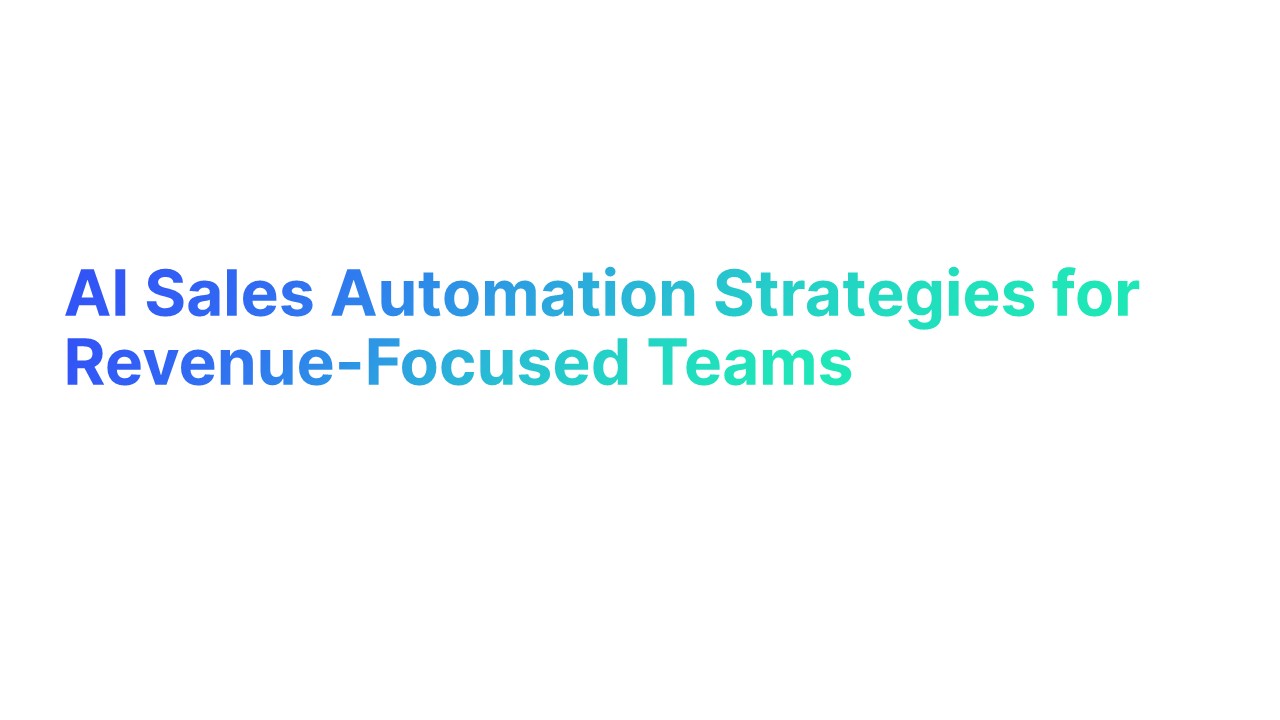Outreach is a term that is commonly used in various fields, including business, education, and community service. It refers to the act of reaching out to others to provide assistance, information, or support. In this article, we will explore what outreach means, why it is important, and some strategies for effective outreach.
1. What is Outreach?
Outreach is the act of reaching out to others to provide assistance, information, or support. It can take many forms, including direct outreach (such as phone calls, emails, or in-person meetings), indirect outreach (such as social media or advertising), or event-based outreach (such as community events or presentations). The purpose of outreach is to connect with others and provide them with resources or information that can help them achieve their goals.
2. Why is Outreach Important?
Outreach is important for several reasons. It can help individuals and organizations to:
Build relationships and establish connections with others
Raise awareness of their products, services, or causes
Provide assistance or support to those in need
Engage with their target audience and foster a sense of community
Achieve their goals and objectives
In addition, effective outreach can help to create opportunities for collaboration and growth, which can be beneficial for individuals and organizations alike.
3. Types of Outreach
There are several different types of outreach, each of which is suited to different goals and objectives. Here are a few examples:
Business Outreach
Business outreach refers to the act of reaching out to potential clients, partners, or investors to promote a product, service, or organization. It can take many forms, including email marketing, social media outreach, or in-person meetings.
Education Outreach
Education outreach involves reaching out to students, educators, or other members of the education community to provide support, resources, or information. This can include workshops, presentations, or online resources.
Community Outreach
Community outreach involves reaching out to members of a particular community to provide support or resources. This can include events, presentations, or other forms of outreach that are tailored to the needs of the community.
4. Strategies for Effective Outreach
Here are some strategies for effective outreach:
Define Your Goals
The first step in effective outreach is to define your goals. What do you hope to achieve through your outreach efforts? Are you looking to raise awareness, build relationships, or provide assistance to others? By defining your goals, you can tailor your outreach efforts to meet your specific objectives.
Identify Your Target Audience
The next step is to identify your target audience. Who are the people you want to reach with your outreach efforts? What are their needs, interests, and communication preferences? By understanding your target audience, you can tailor your outreach approach to their unique circumstances and increase the likelihood of success.
Develop a Clear Message
Your outreach message should be clear, concise, and tailored to your target audience. It should highlight the value proposition of your product, service, or organization and explain why it is relevant to your target audience. Your message should also include a clear call to action and a sense of urgency to encourage your target audience to take action.
Utilize Multiple Channels
Effective outreach often requires utilizing multiple channels. This can include social media, email marketing, phone calls, or in-person meetings. By using multiple channels, you can reach a wider audience and increase the chances of making meaningful connections.
Follow Up and Maintain Relationships
Finally, effective outreach requires follow-up and relationship maintenance. After making initial contact with your target audience, it is important to follow up regularly and stay in touch. This can help to build trust and establish lasting relationships that can be beneficial for both parties.
In conclusion, outreach is an important strategy for building relationships, raising awareness, and achieving goals. By defining your goals, identifying your target audience, developing a clear message, utilizing multiple channels, and maintaining relationships, you can create effective outreach strategies that deliver results. Whether you are a business looking to connect with clients or an individual looking to provide support to others, effective outreach can help you achieve your objectives and make a positive impact on those around you.





.webp)


